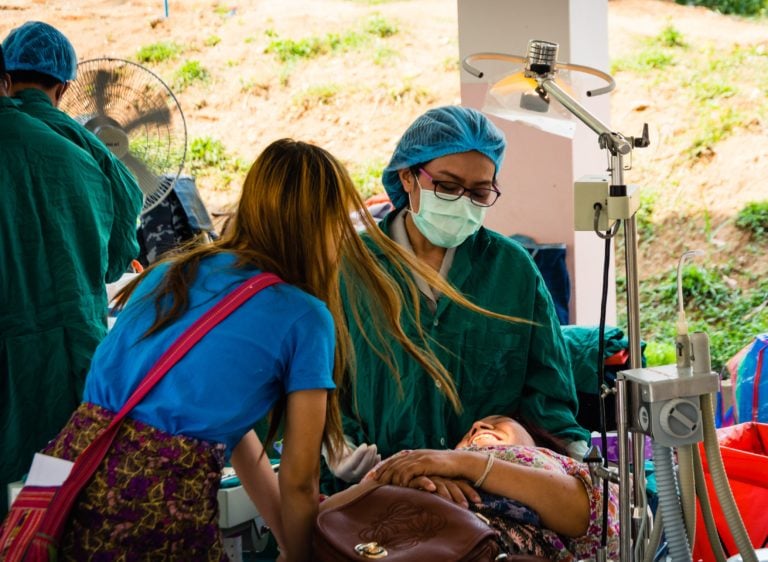
Spring Break: Should You Spend It On The Beach Or At The Bench?
For most researchers, working in the lab over a holiday break is somewhat different from ... Read more
Written by: Paris Grey
Published on: March 8, 2016
The path to becoming a physician is long and challenging, and being a pre-medical student is hard. Learn about what you need to do to get into medical school successfully.

For most researchers, working in the lab over a holiday break is somewhat different from ... Read more
Written by: Paris Grey
Published on: March 8, 2016

So far, the vast majority of the undergrads I’ve trained during my research career have ... Read more
Written by: David Oppenheimer
Published on: January 21, 2016

While medical school interviews can be quite conversational, thinking in advance about the questions you ... Read more
Written by: Anubodh “Sunny” Varshney
Published on: January 13, 2016

“What kind of interview will it be?” This is not a question applicants ever asked ... Read more
Written by: Jessica Freedman
Published on: November 13, 2015

Letters of evaluation are a vital component of the medical school application process. Since many ... Read more
Written by: Anubodh “Sunny” Varshney
Published on: November 11, 2015

With the Medical College Admissions Test (MCAT) undergoing major changes in 2015, the first revamp ... Read more
Written by: EduMind
Published on: October 30, 2015

Why attend a pre-med recruitment fair? Pre-med recruitment fairs are great opportunities to learn about ... Read more
Written by: AAMC Staff
Published on: October 7, 2015

Download the 2023 Edition of the Nymeria 100-day MCAT study plan – rebuilt with all ... Read more
Written by: Nymeria
Published on: October 6, 2015

Once you have been selected for an interview at a medical school, you will have ... Read more
Written by: Anubodh “Sunny” Varshney
Published on: September 9, 2015

The interview is one of the most important steps in the medical school application process. ... Read more
Written by: AAMC Staff
Published on: September 2, 2015

Unlike other graduate school admissions processes, where there is typically only one round of applications, ... Read more
Written by: Anubodh “Sunny” Varshney
Published on: July 8, 2015

Updated March 3, 2022. The article was updated to correct minor grammatical errors and formatting. ... Read more
Written by: Student Doctor Network
Published on: July 3, 2015

Preparing for the MCAT during the summer months is a choice that many pre-medical students ... Read more
Written by: Anubodh “Sunny” Varshney
Published on: June 10, 2015

All in all, studying abroad provides students with invaluable personal growth, which will translate to ... Read more
Written by: Anubodh “Sunny” Varshney
Published on: May 13, 2015

College as a pre-medical student can be challenging; unlike many other programs, pre-medical programs are ... Read more
Written by: Brent Schnipke
Published on: May 11, 2015

There’s a popular phrase, “If you’ve seen one medical school… you’ve seen one medical school.” ... Read more
Written by: AAMC Staff
Published on: May 6, 2015

Retaking the MCAT requires a different approach to prep than your first time around. Because ... Read more
Written by: Anubodh “Sunny” Varshney
Published on: April 15, 2015

The AAMC Pre-Med Team tells you what you need to know before AMCAS opens for 2016.
Written by: AAMC Staff
Published on: April 11, 2015

I am a reapplicant. Those are four words that every reapplicant shies away from and ... Read more
Written by: SDN Staff
Published on: March 11, 2015